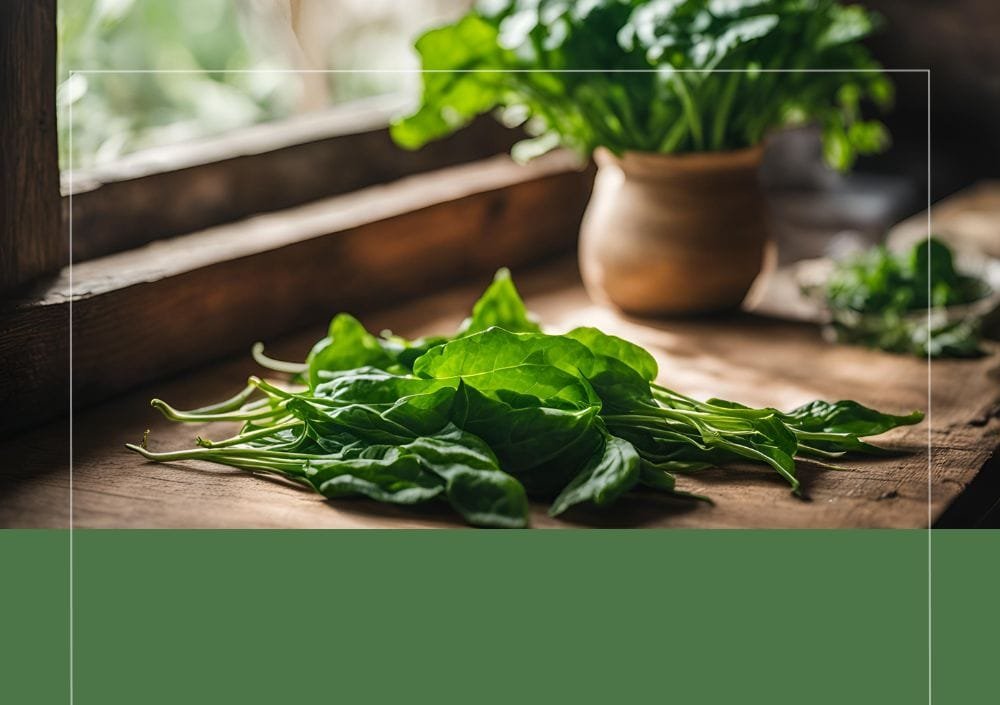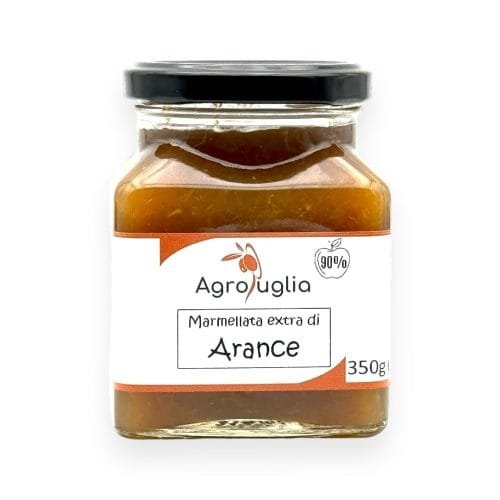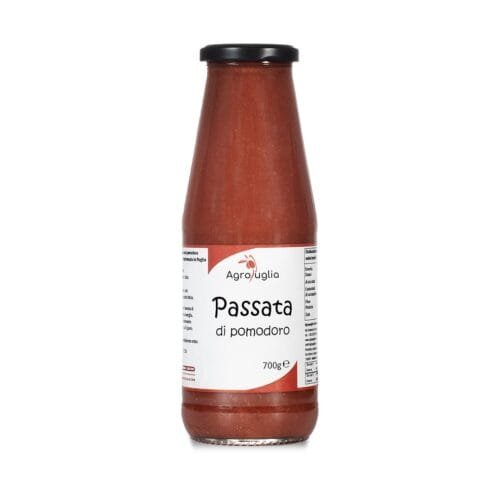Paparina is a wild vegetable that grows spontaneously in the countryside of Salento. Known for its unique flavor and versatility in the kitchen, this small Salento plant is a symbol of the local culinary tradition. Often overlooked by outsiders, paparina is one of the most cherished wild herbs of Salento among connoisseurs of traditional cuisine.
Paparina: A Treasure of Salento’s Nature
Paparina, or papalina herb, is a plant native to Salento, mainly found in fallow fields and along rural roads. This wild vegetable of Salento is recognizable for its delicate and slightly hairy leaves. It thrives especially in the autumn and winter seasons, as abundant rains allow it to flourish.
The wild herbs of Salento, such as paparina, are often used in the preparation of simple but tasty dishes that reflect the genuine soul of Salento’s cuisine. In many recipes, paparina is used as the main ingredient, whether as a side dish or a base for more complex dishes.
Nutritional Properties and Benefits of Paparina
Beyond its culinary value, paparina — a wild vegetable — is also rich in nutritional properties. This wild vegetable is an excellent source of vitamins and minerals, including vitamin C and iron, which are essential for maintaining good health. Paparina’s antioxidant properties help protect the body from free radical damage.
Benefits of paparina:
- Detoxifying properties
- Digestive properties
- Rich in vitamin C and iron
- Antioxidant action
This Salento plant is particularly appreciated for its detoxifying and digestive properties, making it an excellent choice for those seeking a healthy and balanced diet.
How to Cook Paparina: Traditional Recipes
Paparina is a versatile ingredient that lends itself to various culinary preparations. One of the most popular recipes is “paparina with olives,” where the vegetable called minestra is slowly cooked with olives, garlic, and extra virgin olive oil. This simple but flavorful dish is a classic of Salento’s cuisine, often served as a side dish or appetizer.
Another traditional recipe is “paparina in a pan,” in which the Salento plant is sautéed with onion and chili pepper, enhancing its intense and slightly bitter flavor.
Traditional Recipe: Paparina in a Pan with Olives and Chili Pepper
Ingredients
Paparina in a pan is a simple yet tasty dish, typical of Salento’s cuisine. To prepare it, you will need a few ingredients, all easy to find:
- 1 kg of paparina (poppy leaves and stems)
- 100 g of black olives (preferably Salento variety)
- 2 garlic cloves
- 1 red chili pepper (optional)
- Extra virgin olive oil (of excellent quality)
- Salt to taste
- Water as needed
These ingredients, typical of Salento’s tradition, enhance the flavor of paparina and make the dish unique and delicious.
Paparina Preparation
Before cooking, it is important to clean paparina thoroughly. Wash the leaves and stems under running water, removing any dirt and tough parts. Let the paparina drain in a colander. While it dries, slightly crush the garlic cloves and slice the chili pepper, if you want a spicier flavor.
Paparina Cooking
In a large pan, pour a generous amount of extra virgin olive oil and add the crushed garlic. Sauté the garlic over medium-low heat until golden. Add the chili pepper and black olives, stirring for a few minutes to blend the flavors. Next, add the paparina and a pinch of salt. Cover the pan and let it simmer for about 20-25 minutes, stirring occasionally and adding a little water if necessary to prevent it from drying out.
Serving and Tips
Once the paparina is tender and well-cooked, turn off the heat and let it rest for a few minutes. Serve the paparina hot, perhaps accompanied by rustic bread to better savor the sauce formed during cooking. This dish pairs perfectly with a glass of Salento red wine, such as Primitivo or Negroamaro. Paparina in a pan is a recipe that captures the authentic flavors of Salento, simple yet rich in taste and tradition.
Its Legend: A Divine Gift
In ancient times, when Salento was a wild and mysterious land, paparina was not just a simple plant but a divine gift. According to legend, paparina was born from the union of the Sun and the Moon, two deities who ruled the sky and the earth. The Sun, with its strength and warmth, and the Moon, with its gentle light, decided to create a plant that would embody their essence.
The Pact Between the Sun and the Moon
The Sun and the Moon met one day at dawn when their powers crossed for a brief moment. At that moment, they vowed to infuse part of their energy into a special plant. The Sun gave paparina its resilience and the ability to grow even in the driest soils, while the Moon gave it a deep green color and the delicacy of its leaves.
Paparina: Keeper of Secrets
It is said that paparina, thanks to the influence of the Sun and the Moon, could heal diseases and ward off evil spirits. The village women would gather it during full moon nights, reciting ancient prayers to gain the deities’ protection. This plant was then used to prepare infusions and magical potions capable of healing both body and soul.
The Curse of Jealousy
However, as often happens in legends, this story also has its dark side. One day, the Sun noticed that the Moon was spending too much time admiring paparina’s beauty. In a fit of jealousy, it decided to curse the plant, making it poisonous to anyone who was not pure of heart. From that day on, only those with a sincere and kind soul could gather and use paparina without suffering any consequences.
The Bond with the Earth
Over time, paparina became a symbol of the deep bond between the earth and the celestial forces. Even today, those who walk through the fields of Salento at sunset can hear the whispers of the Sun and the Moon among the leaves of this magical plant. Paparina is not just a wild vegetable but a silent witness to the love story between two deities, who continue to watch over it, nourishing it with their eternal energy.
Conclusion
Paparina is much more than just a wild vegetable; it is a true symbol of the culinary tradition of Salento. Its nutritional properties, combined with its versatility in the kitchen, make it a valuable ingredient for those who wish to explore the authentic flavors of Salento’s cuisine. Discovering and appreciating paparina means immersing oneself in the culture and traditions of this fascinating land, where nature offers unexpected treasures like this humble yet extraordinary plant.

















